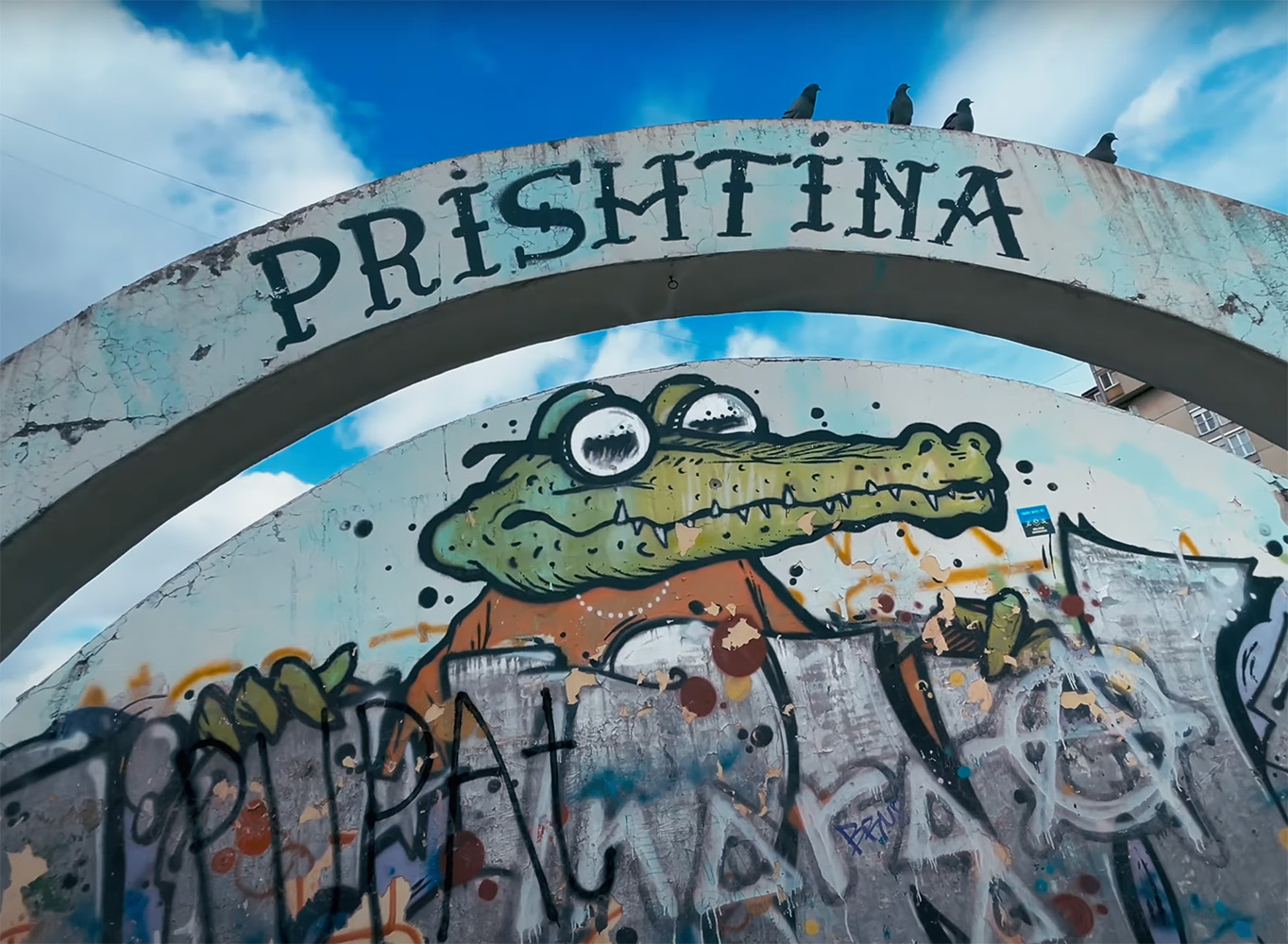If you’re planning a trip to Kosovo, one of the most valuable things to know is that the Albanian language plays a central role in the country’s culture, identity, and daily life.
Whether you’re walking through the streets of Prishtina, visiting historical towns like Prizren or Gjakova, or exploring the countryside, you’ll hear Albanian spoken everywhere.
️What Language Is Spoken in Kosovo?
The official language of Kosovo is Albanian. It is spoken by the vast majority of the population—over 90%.
In some municipalities, Serbian is also an official language, mainly in areas with a Serb majority.
You may also hear other languages spoken in small communities, such as Bosnian, Turkish, and Romani, but Albanian is the dominant and unifying language across the country.
A Few Key Facts About Albanian
-
The Albanian language is one of the oldest in Europe and has its own unique branch in the Indo-European language family.
-
It uses the Latin alphabet (same as English), with 36 letters.
-
There are two main dialects: Gheg (spoken in Kosovo and northern Albania) and Tosk (spoken in southern Albania).
-
In Kosovo, Gheg dialect is commonly spoken, but standard written Albanian is understood everywhere.
Do I Need to Speak Albanian to Travel in Kosovo?
Not necessarily. While English is widely spoken among young people, especially in cities like Prishtina, many older adults may only speak Albanian or Serbian.
Still, knowing a few key Albanian phrases will greatly enhance your experience and show respect for the local culture.
Useful Albanian Phrases for Travelers
|
English |
Albanian |
Pronunciation |
|---|---|---|
|
Hello |
Përshëndetje |
Pur-shen-de-tyeh |
|
Thank you |
Faleminderit |
Fah-leh-min-deh-rit |
|
Yes |
Po |
Poh |
|
No |
Jo |
Yoh |
|
Please |
Ju lutem |
Yoo loo-tem |
|
How much is it? |
Sa kushton? |
Sah koo-shton? |
|
Goodbye |
Mirupafshim |
Mee-roo-pahf-sheem |
Language Tips for Visitors
-
Most menus in restaurants, signs, and public notices are written in Albanian, but you’ll often find English translations in tourist areas.
-
In taxis, buses, or rural areas, having Google Translate or a small phrasebook can be helpful.
-
Locals appreciate it when foreigners make an effort to say a few words in Albanian, even if it’s just “Faleminderit” (Thank you).
Language as a Cultural Bridge
The Albanian language is more than just a means of communication—it’s a reflection of Kosovo’s history, pride, and resilience. Learning a few words not only makes your trip easier but also opens doors to more authentic conversations and local connections.


